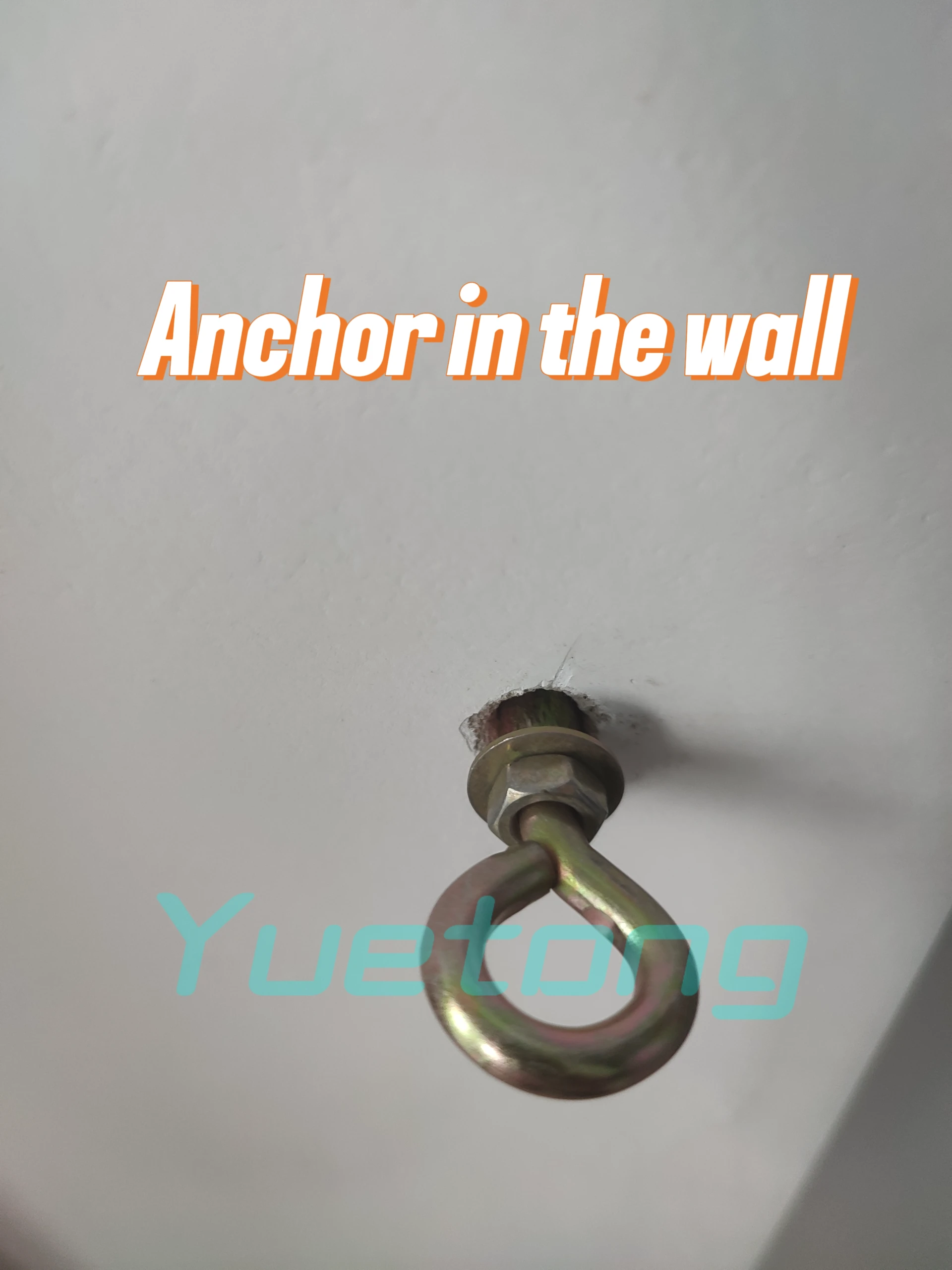Sep . 06, 2024 00:10 Back to list
Types of Carriage Bolts
Types of Carriage Bolts Understanding Their Varied Applications
Carriage bolts are a type of fastener distinguished by their unique design and function. Typically characterized by a rounded, domed head and a square neck beneath the head, these bolts are specifically engineered to be easily installed through a surface and tightened without the need for a secondary tool on the top side. This article explores the various types of carriage bolts and their specific applications.
1. Standard Carriage Bolts
The most common type of carriage bolt is the standard model, made from materials like steel, stainless steel, or sometimes plastic. Standard carriage bolts are typically used in wood applications, such as securing wood structures like decks, fences, and furniture. The rounded head prevents snagging on clothing or other materials, making them ideal for outdoor applications where safety and aesthetics are important.
2. Galvanized Carriage Bolts
Galvanized carriage bolts are coated with a layer of zinc to prevent rust and corrosion. This feature makes them particularly suitable for outdoor environments or areas where moisture exposure is a concern. Common applications include marine construction, exterior decking, and situations where durability against the elements is critical.
3. Stainless Steel Carriage Bolts
types of carriage bolts

For environments that require enhanced corrosion resistance, stainless steel carriage bolts are the preferred choice. These bolts are ideal for applications in coastal areas or other high-humidity environments. They are commonly used in marine and automotive settings, as well as in chemical processing industries where exposure to corrosive substances is likely.
4. Square Head Carriage Bolts
While standard carriage bolts have rounded heads, square head carriage bolts feature a square-shaped head, which can provide additional grip for wrenches during tightening. These bolts are used in applications where high torque is required, such as in heavy machinery or structural steel connections. The shape allows for a more secure fit in pre-drilled holes, preventing the bolt from turning when a nut is tightened.
5. Specialty Carriage Bolts
There are also specialty carriage bolts designed for specific applications. For example, some are manufactured with unique coatings for added protection against specific chemicals or environments. Others may have additional features, such as a built-in washer or different thread types, to accommodate specific installation needs.
Conclusion
Understanding the various types of carriage bolts and their applications can significantly enhance construction and assembly projects. From standard to specialty models, each type offers unique features tailored to specific uses. When selecting carriage bolts, it is essential to consider the application, environmental conditions, and the materials being fastened to ensure optimal performance and longevity. By choosing the right type of carriage bolt, builders and DIY enthusiasts can achieve strong, secure, and aesthetically pleasing results in their projects.


